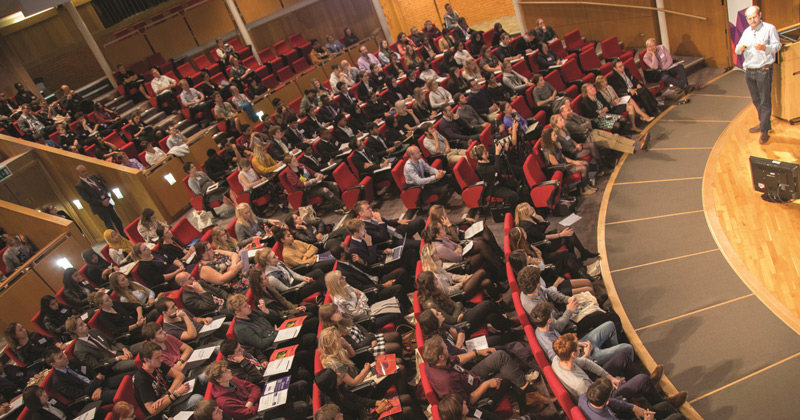Sixty schools from across the UK will work with scientists to help solve a global parasite problem.
In the year-long research project, students will work alongside scientists from the Wellcome Genome Campus to identify and annotate the genes in the DNA of the human whipworm.
Launched by the Institute for Research in Schools (IRIS) and Wellcome, the project will help researchers understand the parasite’s biology so a treatment or vaccine can be developed.
Students will be trained how to find, identify and label genes using their own computers, and will investigate the functions of some of the genes. There are approximately 15,000 genes in the human whipworm, which pupils will work to identify.
“It is a fabulous opportunity for school students to carry out real research, working directly with scientists on a globally important project,” said
Professor Becky Parker, the director of IRIS. “This is the first time ever that students have been able to help curate an entire genome.”
The whipworm affects around 500 million people globally, mainly children in Asia, Africa and South America, and causes diarrhoea, abdominal pain, malnutrition and developmental problems.



Schools minister Nick Gibb complained to the Education World Forum earlier this year that ‘Teachers are implored to allow pupils to debate and discuss ideas, design and carry out their own scientific experiments and analyse historical sources.’ This implies he would not approve of the hands-one activity described above.
If Greening is serious about her skills revolution, she must (as Laura points out in her latest editorial) ensure Gibb supports her. If he won’t, then he should go. http://www.localschoolsnetwork.org.uk/2017/10/inconsistencies-at-dfe-who-is-really-in-charge